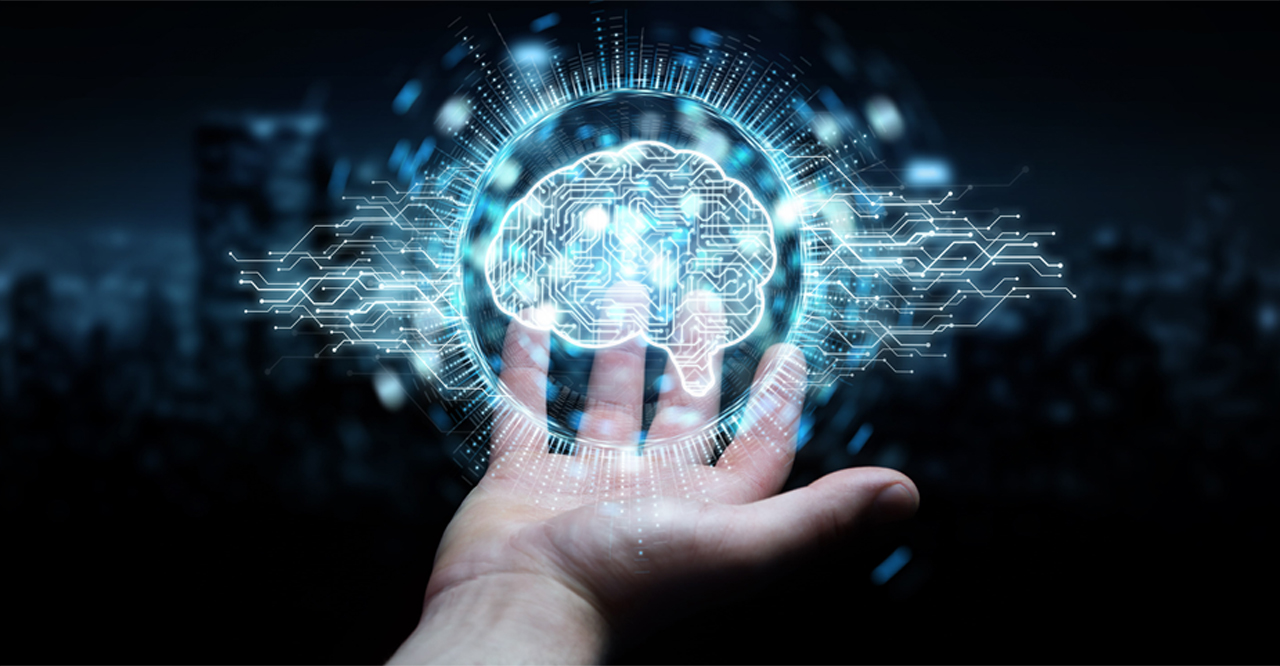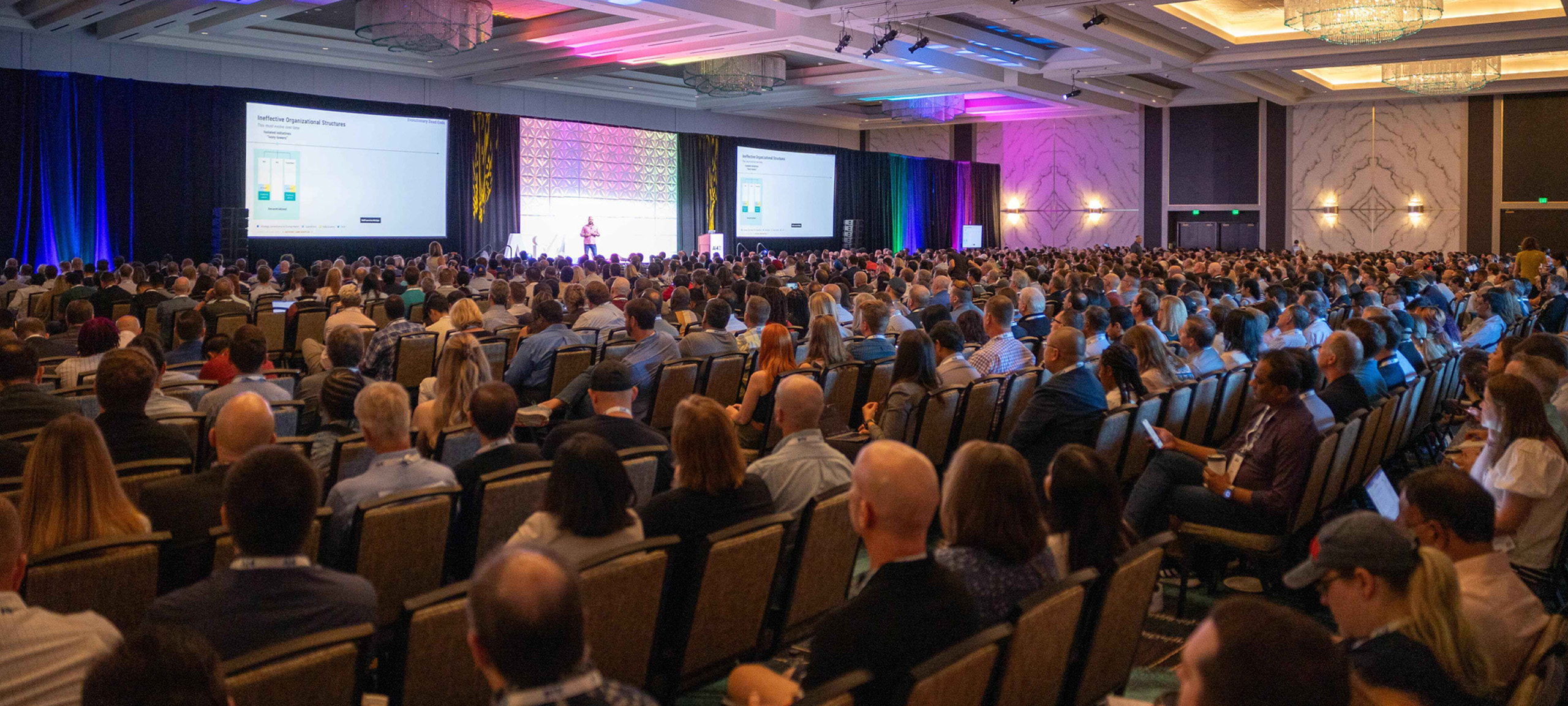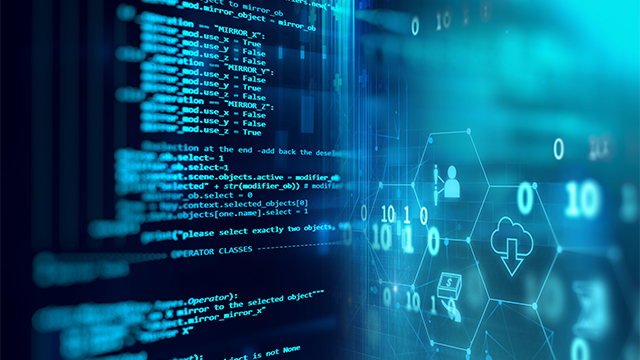Technology has evolved more rapidly in the past two decades, than it has in the past century. The introduction of personal computers and microprocessors in the 1900’s quickly accelerated into the introduction of the World Wide Web, search engines, the internet and Wifi. This explosion in connectivity and increased access to information formed the basis of the new digital age in which we now live.
Humans are now able to achieve more in a day: whereas it may have taken a few days in the 1950’s to deliver a letter to a distant relative, it now takes a few seconds to take out your phone and call them. The trend of technology’s impact on human Life is that it enables us to do things more efficiently and effectively, at faster rates than previous generations. We see this trend continuing through the introduction of bots (autonomous computer programs) and AI (artificial intelligence).
Bots were introduced fundamentally to increase total productivity by allocating repetitive and redundant tasks to computers, so humans can focus their energies elsewhere. Through this re-allocation of tasks, humans could now achieve more in a day. The first recorded bot was created by a Mr. George Devol in 1954 who sold it to General Motors to lift hot metal pieces from die casting machines. This not only increased productivity, but also saved many human workers from the dangers of having to lift extremely hot metals.
But what are some of the limitations of bots? They can not operate outside of their programmed functions, which means their application is limited. They can take over repetitive and redundant human tasks, but not complex ones which require some level of understanding.
Humanity’s solution to this challenge was Artificial Intelligence, a term first coined by John McCarthy in 1955, considered to be one the founding fathers of the field alongside Marvin Minsky (co-founder of the Massachusetts Institute of Technology's AI laboratory) and Alan Turing (credited for being the father of modern computer science, and from whose work we named our own locally-built AI, ‘Christopher’, after).
Artificial Intelligence describes computers that, for the first time, could understand, interpret and suggest and/or make decisions. This allowed humans to allocate even more complex tasks to computers in order to increase productivity. With artificial intelligence, computer programs can now play chess competitively, analyze millions of scenarios and offer the best decision outcomes and most of all, learn. This is a major breakthrough not only in terms of technology, but more importantly, how the world will look in the coming decades.
Artificial Intelligence is the evolution of Bots. One cannot compete with the other in as much the same way as a horse cart cannot compete with a Mercedes Benz.
The future of humanity is being created today and the possibilities of what we can achieve in the next few decades are limitless with the increased employment of AI technologies. Artificial Intelligence is learning and improving every single day. It turns out that the ideas of a Universal Basic Income (UBI) and Ironman are not so far-fetched after all!
 BACK
BACK


